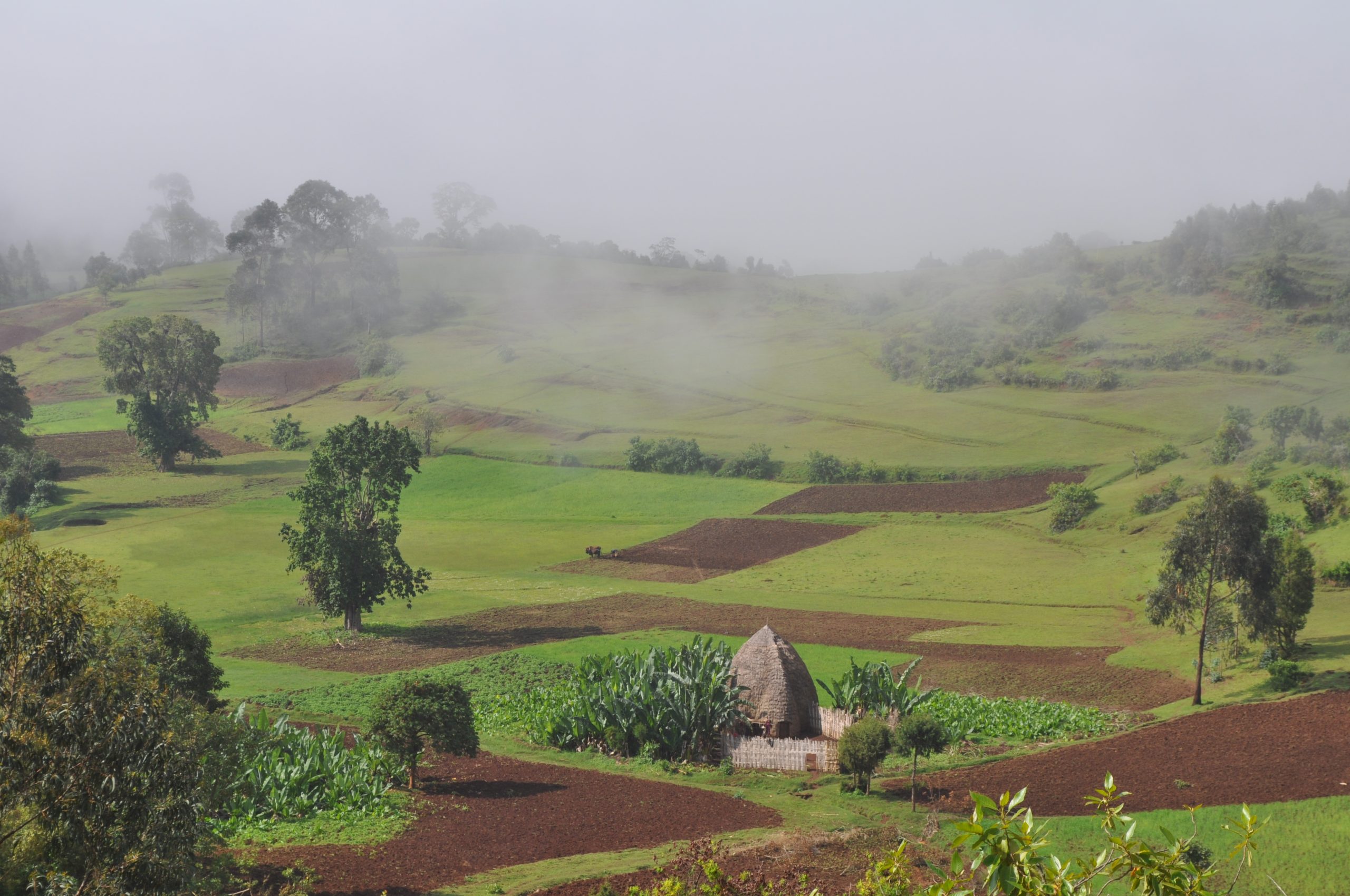
The Millennium Development Goals pledged to halve the number of people suffering from hunger by 2015. Sub-Saharan Africa, the poorest region globally and arguably the area with the highest dependence on agriculture and ecosystem services to sustain livelihoods, is characterized by economic growth, rising populations and upward development trajectories—all of which threaten sustainability pledges. New challenges are rapidly emerging in the form of climate change, land-use transformation, social regime shifts and population growth operating in an increasing complex global policy context.
Predictive scenarios can be used to define future environmental, social and economic development targets. However, for scenarios to be useful, socially significant and fit within existing governance at local, national and international levels, they need to develop. Such a development can only be achieved by merging views from the environmental, socio-political sciences, NGOs (conservation, health, agricultural and developmental) and governmental organizations, which this project will do.
Firstly, the working group will critique existing scenario approaches to identify the limitations to application of these and assess the potential for development of new and novel approaches. It will develop a position/methods paper and form a critical mass of diverse expertise that will be well-placed to feed into existing projects and actively contribute to developing opportunities in this area.
Related Research
There are a number of existing projects related to this research, which include those supported by the Gates Foundation (Water Ag solution, EU (Healthy Futures), the Finnish Ministry for Foreign Affairs (Climate Change Impacts on Ecosystem Services and Food Security in Eastern Africa (CHIESA) and the Norwegian Embassy (WWF-REDD). CHIESA is a new €7 million project led by the University of York on modelling climate and land cover change impacts on biodiversity and habitats. The University of Leeds also has a range of related projects via the Africa College on climate change, agricultural modelling, householder environmental interaction and social system analysis in Africa. Pennsylvania State University has a range of projects on human-environment interactions, rural livelihoods, environmental change, marginalization and social learning.
Activities
In September 2012, a workshop was held at the University of Dar es Salaam involving a range of research partners within East and Southern Africa, focused on ecosystem dynamics, water-agricultural linkages and participatory social research.